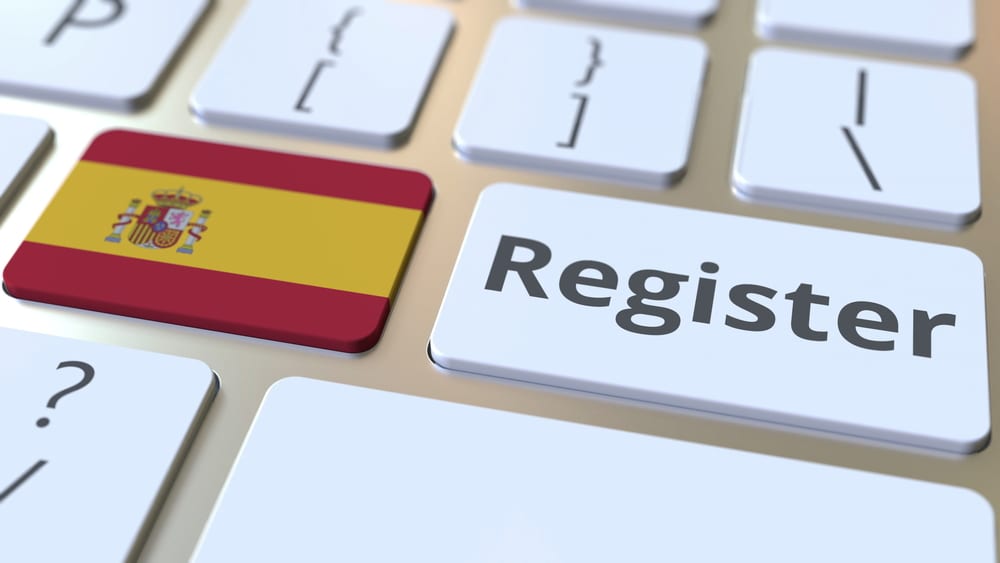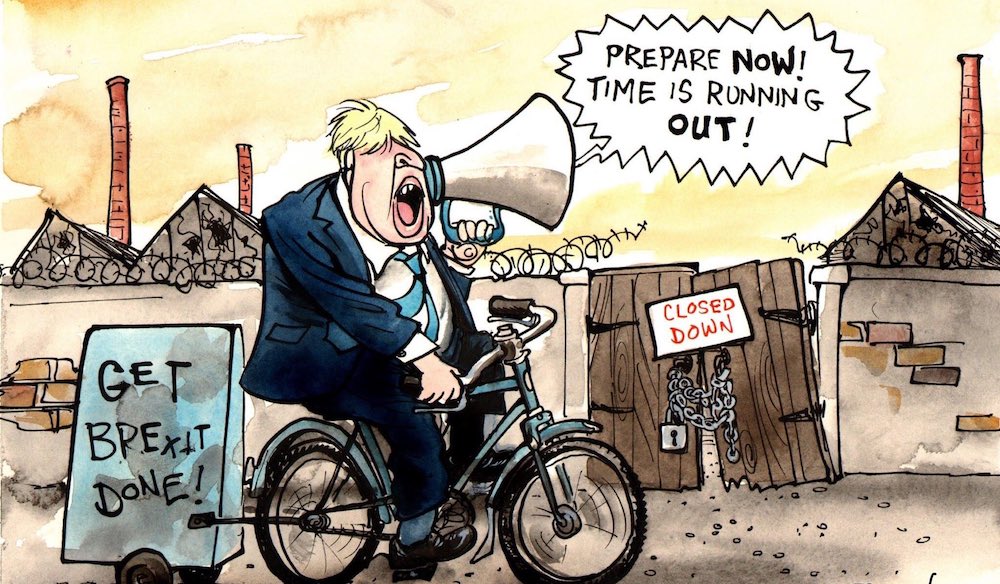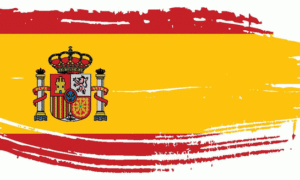As the end of the transition period of 31 December 2020 approaches, our Spanish expat social media pages are still – even at this late stage – inundated with people enquiring about residency in Spain. So, to start, let me clarify that to take advantage of the United Kingdom/European Union withdrawal agreement, you not only need to be residing in Spain by 31 December 2020 but crucially you need proof you actually live here.
In theory, your TIE (residency) application can wait until after 31 December 2020, although this isn’t necessarily advisable, and it’s certainly recommended you have at least the first part of the three-stage application process underway.
The point I am trying to convey is, we are so close to the deadline that I urge anyone contemplating moving to Spain to contemplate no more and act now.
So, what do you need to do?

Find a place to live
The first and most obvious thing is accommodation, somewhere to live. This doesn’t have to be a purchased property, nor does it have to be a long-term lease. However, it’s recommended you have a rental agreement of at least six months.
Why six months? Because you need to be on the padrón. Think of the padron as the town hall’s list of residents. A copy of the padrón needs to be submitted along with your residency application. The padrón certificate is commonly obtained from the ayuntamiento (town hall). However, in some of the more populated areas, there are waiting lists for appointments. Sometimes they run into weeks and months, which isn’t ideal given the time constraints new arrivals are under.
In many other areas you can simply walk into the ayuntamiento (as we did in both Cullar Vega and Guejar Sierra) and request inclusion on the padrón. My advice here is to check on local Facebook groups to see if there is a waiting list. If there is, perhaps consider a different location. Remember, it may only be a temporary location before settling somewhere more permanent.
Obtain your NIE
If you haven’t obtained your NIE, or Número de identidad de extranjero, do so at this stage. This is similar to your national insurance number in the UK and not to be confused with the TIE (your residency card).
It is absolutely worth contacting a local lawyer or gestor and – if need be – sign a power of attorney so they can apply for the NIE and a digital certificate on your behalf. You can even do this from the UK.
The NIE is essential. For example, you need the NIE to open a bank account in Spain. Though check with local Facebook groups, because each bank has different criteria and frustratingly different offices of the same bank sometimes have different criteria, too.
We opened an account with our then-local Sabadell Bank in Javea with only our passports while the office less than five kilometers away required an NIE. That was a few years ago, and by all accounts NIE’s are becoming more necessary.
Medical insurance in Spain
If you are of retirement age and a resident in Spain prior to 31 December, you can apply for your S1 now. This effectively gives you unfettered access to the Spanish health system and needs to be presented with your residency application.
This is a useful link and explains S1 in more detail.
If you are applying for residency on the basis you are autonomo (which is essentially self-employed), that will give you, your spouse and your children access to the Spanish state health system. The monthly autonomo payment is about 50 to 60 euros for the first two years, eventually rising to 300 euros per month thereafter. Unlike in the UK where self -employed contributions are a percentage of profits, autonomo contributions are payable regardless of earnings.
To register as autonomo, you will need your NIE, digital certificate, padron and a Spanish bank account. Again, I recommend this be done through a lawyer or gestor. Everyone else, i.e. those individuals who are neither covered by S1, autonomo or are employed, will need private medical insurance (PMI).
However – and there is always a however – not just any PMI will suffice.
It cannot, for example:
• contain any exclusions. It can’t have co-payments (which is usually a small payment you make for each consultancy or treatment – think of it as insurance excess).
• be paid in installments. It needs to be paid for the full year.
On the plus side, insurance in Spain isn’t that expensive. We pay 135 euros per month for a family of four. I would recommend ASSSA. It’s great if your Spanish isn’t up to scratch as their website is in English. They will point you in the direction of English speaking doctors and will even go so far as making appointments for you!
The other company I recommend is DKV. They have a good reputation and coverage.
You can find links to both of these providers here.
The part about the money
In normal circumstances, all of this can be done without reference to lawyers or gestors. However, dealing with Spanish bureaucracy isn’t easy: it can be frustrating, it is time consuming and these are NOT normal times.
Each area and each office in that area has its own ways of doing things, its own rules and its own criteria. For example, for residency pre-31 December, a couple needs approximately 9,000 euros in savings (or a regular income). Some areas, such as Alicante, require considerably more.
I received a message a few days ago stating that one office in Alicante was insisting upon savings of 15,000 euros.
The British Ambassador to Spain, in a recent webinar, mentioned Alicante and suggested taking as much proof of income/assets/savings as you can muster to the TIE appointment because every little bit helps.
Contact a lawyer or gestor in the area you’ll be moving to or where you live. They will know the vagaries of each office, will likely have a relationship with them and will be best placed to help. They’ll also be able to advise you on the amounts that local offices require for residency purposes, whether it be savings or annual income.
You can also join the Moving To And Living In Spain Facebook group where you will find plenty of people who are in the same position and many who have, as they say, been there, done that and bought the T-shirt.
Useful links about moving to Spain
If you are moving to Spain, good luck! And finally some very useful links:
• Citizen’s Advice Bureau Spain
• Living in Spain, a Spanish government guide for UK nationals
• N332 is the Guardia Civil website and is a great link if you drive in Spain.
• Expats Moving to and Living in Spain. This is expat Facebook community is a great place to meet people and get information and advice.
• Check out this video for real insight into Spanish bureaucracy … and a laugh.

About the author:
Irina Greensitt is from the far eastern town of Khabarovsk in Russia but previously lived in the United Kingdom for seven years before moving to Spain in 2014 with her husband and two young children.
Irina now runs an internet business and lists walking, travel and sailing (passing her skipper’s exam in 2016) amongst her hobbies.
See all of Irina’s posts here.
See more from Dispatches’ Spanish archive here.














